Are you standing in the paint aisle, overwhelmed by the endless choices and unsure what…
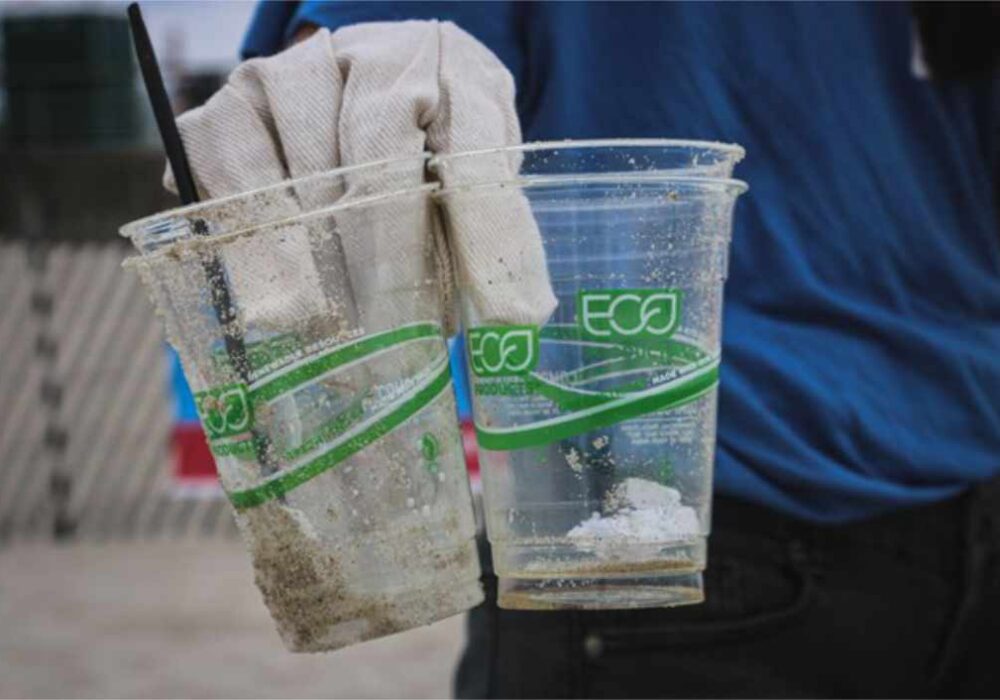
Certifications as tools for authenticating sustainability claims and avoiding greenwashing
As our climate worsens, people become more aware of the impact their choices have on the environment. And they look for better options to reduce this impact. There’s a growing desire amongst people – especially the youngest generations – to live more sustainable lifestyles.
This is creating a shift in the way people shop.
More than ever, people are taking responsibility for their shopping habits, and are going out of their way to support more environmentally-friendly companies and products. This applies to all industries – from food to paint.
But the growing demand for sustainable products is also creating a shift in the way companies market their products. We’re seeing more and more products with misleading and even false claims that lure in environmentally conscious consumers. This also applies to all industries.
In this blog, we’ll explore the role certifications play in validating a company’s sustainable claims. We’ll also talk about greenwashing, different certifications that hold companies accountable for their impact, and the many certifications Graphenstone holds.
Why are certifications important in the paint industry?
Certifications are important across all industries. They’re what validates and authenticates any type of claim made by a company. They also act as a way for companies to hold themselves accountable for the impact of their products.
But there are a few industries where certifications are more important – and paint is one of them.
It’s no secret that the paint and coating industry has a tremendous impact on the environment. Most paints are oil-based, emit volatile organic compounds (VOCs), and can even be harmful to your home’s air quality – but that’s not true for all paints.
This makes certifications essential in the paint industry. With the demand for better and more sustainable paints growing, more and more companies are making false or misleading claims about their paint.
Certifications are the differentiators between companies with sustainable products and ones claiming to have them.
Because there’s a lack of regulation on what a company can say about its products, false and misleading claims continue to grow. This is a serious problem in the paint industry. Companies ‘greenwash’ consumers into believing that they’re making better choices when they’re not.
What is greenwashing?
Greenwashing is when a company uses deceptive marketing tactics to make their products and company seem more sustainable than they are. Terms like “eco-friendly”, “planet-positive”, or “green” are often meaningless and simply used to mislead consumers.
These deceptive tactics are also prevalent in the paint industry. The rise of false green claims made the British Coating Federations act on it by banning the terms like ‘Zero-VOC’ and ‘VOC-free’. They also released a guide to help people make better and more informed decisions—the Green Claims Guide for Decorative Paints.
It’s important to know the facts behind green claims to make the best and safest choices for you and your family. A good place to look for accurate information on a company is its Environmental Product Description.
What an Environmental Product Declaration (EPD) can tell you about a product
An Environmental Product Declaration is a comprehensive and transparent report on a product’s life cycle assessment. They share objective, comparable, and third-party verified information about the environmental impact of products and companies.
If you look at a product’s EPD, you’ll learn about its environmental impact, global warming potential, water, soil, and air pollution, and more. From this report, you can see the real impact of a product and see if the claims the company is making are factual and truthful.
Graphenstone is the world’s most certified eco paint company!
At Graphenstone, we strive to back any and all green claims with certifications. They’re how we hold ourselves accountable and ensure that our paints and coatings are at the highest standards of quality and sustainability.
These are the certifications that prove our commitment to better products and a better future for our planet:
Better ingredients for a better paint
The raw materials used in the making of our paints are better for you and the environment – and we have certifications to back those claims.
Cradle to Cradle Gold Certified

This international certification recognises a product’s sustainability by evaluating material safety, reuse potential, use of renewable energy, water management, and the company’s social responsibility.
Environmental Product Declaration

Through this international certification, we assess the environmental impact of our products taking into account the life cycle, the absence of polluting emissions, and other relevant environmental information.
Global GreenTag

The Global Green Tag certification gave us a GreenRate Level A – the highest possible level. They analyze the safety and environmental toxicity of products, assessing areas such as resource use, waste reduction, greenhouse footprint, and water use.
Beyond emissions: reducing pollution
Some companies use “planet-positive” claims relying purely on offsetting their carbon footprint. Although offsets are a step forward, they’re not a solution and they don’t make a company or a product ‘eco-friendly’. In fact, offsetting claims are likely to be banned soon to avoid greenwashing!
These are the certifications that back those claims:
EU Ecolabel Certified

EU ecological label of environmental excellence is awarded to those products that meet strict sustainability criteria, have a low environmental impact, and are durable, easy to repair, and recycle.
Iberian Association of Photocatalysis

Graphenstone is a member of the association that brings together building material manufacturers with a focus on photocatalysis. Photocatalytic paints purify the environment through the incidence of light on them. In this way, they reduce urban pollution and eliminate odours from domestic animals or tobacco.
CO2 Absorption Declaration
This impactful study proves that Graphenstone’s lime-based paints absorb CO2 from the environment during their carbonation process.
Saving energy one bucket at a time
Graphenstone paints combine lime and graphene technology in a unique formula that extends the paint’s shelf life, generating greater energy savings, and regulating and improving the temperature distribution of rooms.
Indoor Air Comfort Gold

This certification guarantees that the requirements for Trace VOC emissions are met and demonstrates the company’s focus on contributing to the creation of healthier spaces with improved air quality. The certificate also guarantees compliance with emission requirements in several European and non-EU countries, such as the French Class A+.
Solar Reflectance Index
Graphenstone products feature high solar reflection rates, meaning that their materials do not heat up as much, thereby reducing energy consumption.
Healthier Air—Indoors and Outdoors
Graphenstone contributes to healthier air indoors and outdoors thanks to the natural materials used for the entire product range. This means that people with health problems, breathing difficulties, asthma, or allergies can breathe cleaner, fresher air.
Global GreenTag HealthRATE Platinum

This highly regarded international label guarantees the use of healthy products. The Platinum classification of Graphenstone products places the company as a world leader in the implementation of healthy materials in the paint and construction sector.
Toy Safety

Following the European Standard EN 71 3: 2013 + A2: 2017, this study certifies that Graphenstone creates spaces free of toxic and harmful substances, making them especially suitable for the rooms of the youngest members of the household, nurseries, schools, or paediatric clinics.
Cradle to Cradle Material Health Gold

Part of Cradle to Cradle, the certificate assesses the materials’ healthy nature and offers a reliable tool to evaluate and verify the use of safe chemicals.
Sensitive Choice

Sensitive Choice is a global programme that identifies through research and testing those products that, due to their composition, benefit people with asthma or allergies.
Better buildings for a better future
If you’re trying to improve your building’s sustainability, Graphenstone paints are one of the best and most economical ways to do that. Our paints and coatings contribute positively to obtaining green building certifications such as LEED, BREEAM, WELL, or Passivhaus.
Plus, using Graphenstone paints allows you to turn your building into a tree thanks to its CO2-absorbing properties!
BREEAM

BREEAM is a building sustainability assessment and certification method that evaluates ten different categories: management, health and well-being, energy, transport, water, materials, waste, ecological use of the soil, pollution, and innovation.
LEED

This sustainable building certification takes into account the incorporation of aspects related to energy efficiency, the use of alternative energies, the improvement of environmental quality, the efficiency of water consumption, the sustainable development of open spaces, and the selection of materials.
PASSIVHAUS

Passivhaus, or passive house, is a construction standard originated in Germany that combines high interior comfort with low energy consumption and affordable price.
WELL

WELL is a qualification system that measures, certifies, and monitors the characteristics of a property that impact people’s health and well-being.
Painting a better future
At Graphenstone, we take our commitment to sustainability, ecology, and respect for the environment seriously. We hope this blog shed some light on how we move beyond empty green claims and greenwashing by certifying our products.
The climate crisis requires companies to go further than simply offsetting emissions. We must see the bigger picture and align our business practices with that.
We back and sustain every green claim with demanding and internationally-recognized certifications.

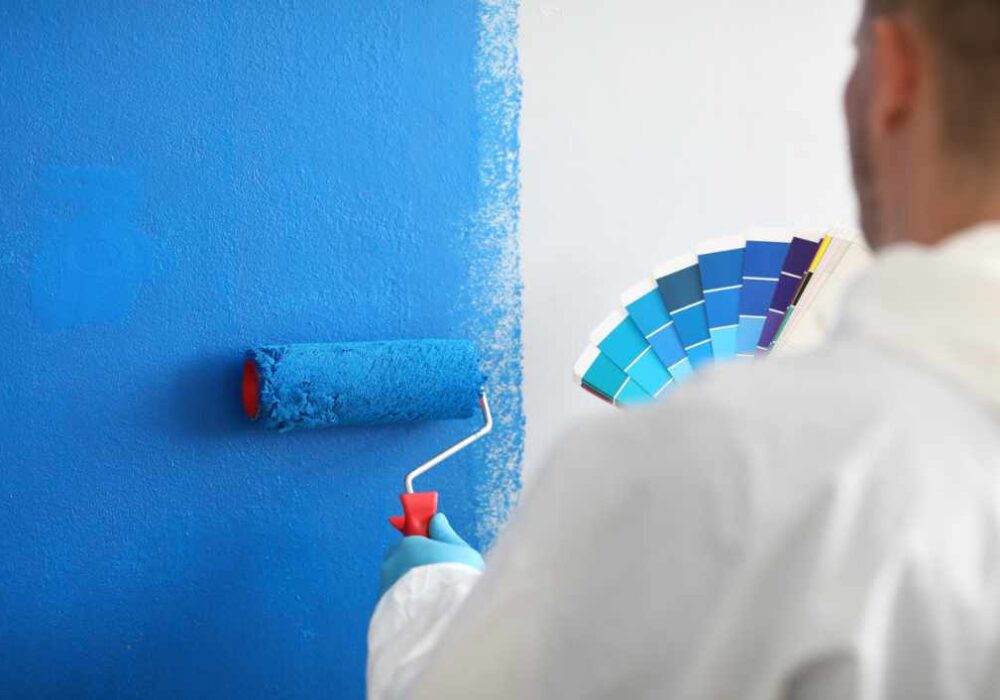
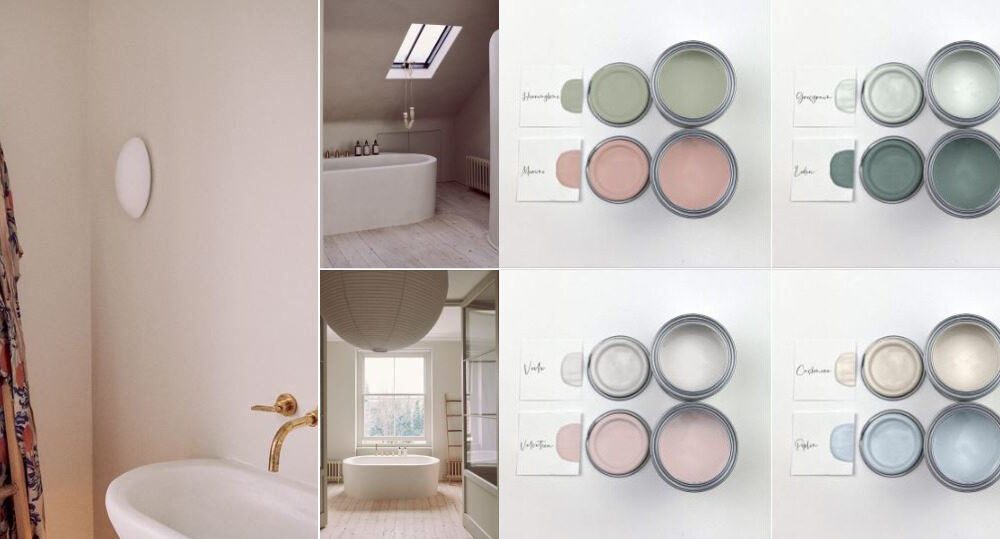
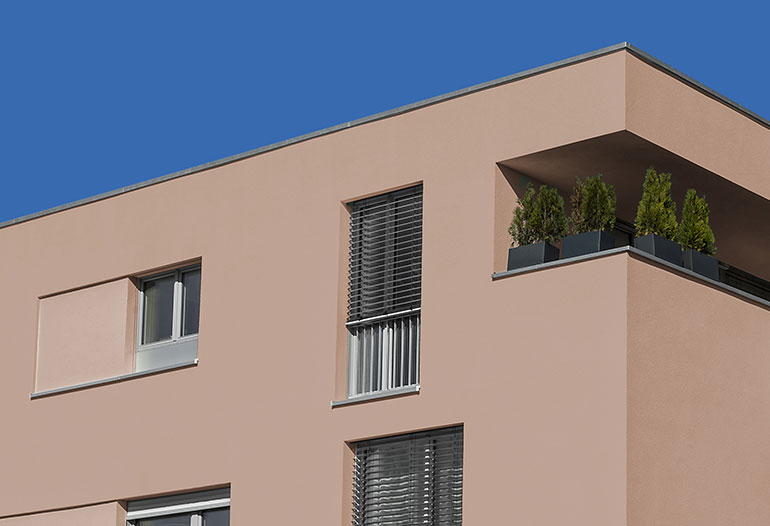
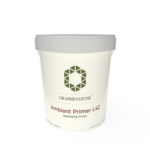
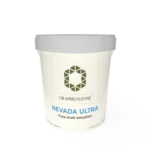
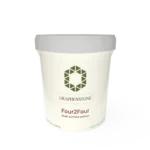
This Post Has 0 Comments